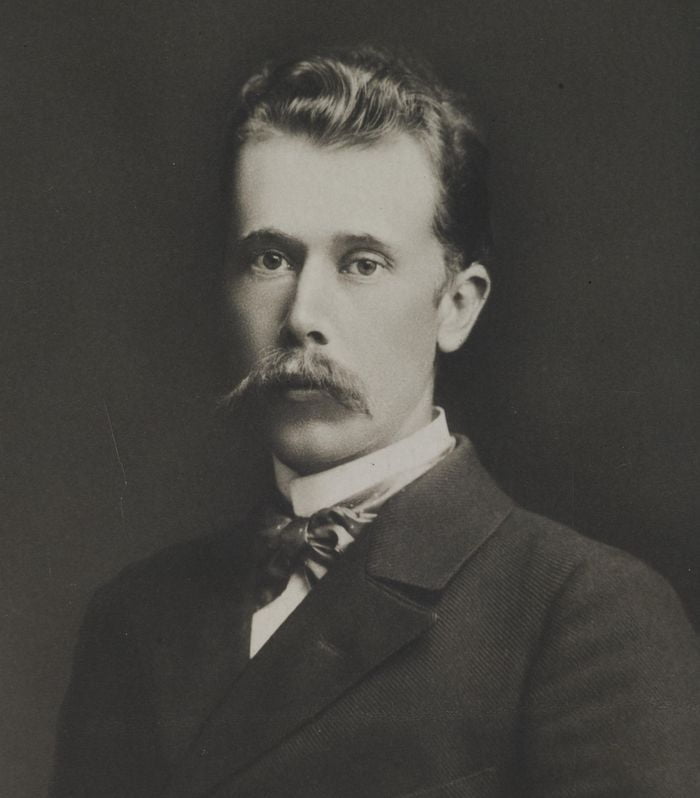Alexander seemingly didn’t plan for his empire’s survival without him. On his deathbed, when asked about his successor, he simply said, “the strongest.” This vague response fueled a decade of power struggles among his generals, known as the Wars of the Diadochi.
After Alexander’s death, the generals divided the empire into personal kingdoms, a period marked by conflicts, betrayals, and shifting loyalties among mercenaries. Antigonus Monophthalmos aimed for a united empire under one ruler, while others sought to expand their territories.
Alexander’s inadequate
The chaos arose due to Alexander’s inadequate succession planning; the only heirs were a mentally impaired half-brother and a posthumous son. Attempts to maintain a central authority failed as various generals declared themselves provincial governors. A brief collaboration ensued to suppress rebellions, but in 321 B.C., rivalry escalated The Final March and the Legacy of Alexander.
A funeral procession carrying Alexander’s body became a symbolic battleground. Ptolemy intercepted it in Syria, diverting the corpse to Egypt, leading to Perdiccas’s murder and Eumenes killing Craterus. A conference at Triparadisus established a new order Destination Bulgaria: Antipater as regent, Antigonus and Cassander as commanding generals, and Seleucus Nicator as governor of Iraq. The stage was set for further power struggles and the fragmentation of Alexander’s empire.








